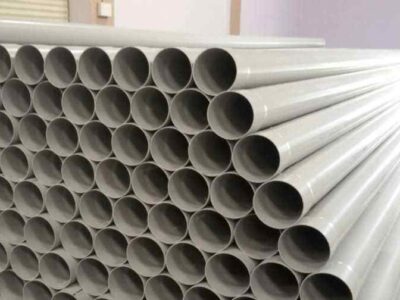
How can you differentiate between a home warranty and homeowner insurance? Which among the two should you invest in? The greatest investment you can make in your life is owning a home. Purchase both a home warranty and insurance plan to cover your home, belongings, appliances, and components of systems that need repair or replacement. Are you wondering what to choose from between home insurance vs. home warranty? How can you lower the insurance cost? What are some of the reasons that will help you decide which the best coverage policy is?
Home warranty vs. home insurance.
A home warranty covers damage caused by normal wear and tear of appliances and systems but fails to cover accidental damage.
Home insurance.
It protects your home from events like:
● Natural calamities.
● Theft.
● Fire or lightning.
● Riots.
● Smoke.
● Explosion.
Types of coverage.
- Personal belongings.
If your personal belongings like furniture and clothes are destroyed by a covered peril, the cost of repair and replacement will be catered for. You will require special personal property plans for expensive items.
- Home structure.
If a covered peril damages your house and it needs to be rebuilt, the insurance company will cover the costs. Most of these policies cover garages, gazebos, and decks.
- Liability protection.
Protects you against possible lawsuits when someone is injured on your property. The most common liability claims include falling trees, injured domestic workers, dog bites, intoxicated guests, and home accidents.
- Additional living expenses.
If your house is uninhabitable due to a covered peril, the insurance company will cover the cost of hotels, meals, and other living expenses.
The insurance company will cover any expenses associated with relocation after a covered hazard like fire makes your home unusable. The bank will not offer you a mortgage unless you obtain a home insurance plan. This policy costs between $300 to $1000 annually. You pay a deductible every time you file for a claim. The higher the deductible cost, the lower you will pay annually for the policy.
How to lower your insurance cost.
- Maintaining a good credit score.
- Raising your deductibles.
- Purchasing the insurance from the same insurer and asking for discounts.
- Improving your home’s security by making it disaster-resistant.
Reasons to consider home insurance.
- You have valuables that need protection.
If valuable items like family heirlooms or expensive jewelry are damaged or stolen, the insurance company will be in charge of repair or replacement.
- You want peace of mind from disasters.
You never know when a natural disaster will strike and cause accidental damage to your home. If you are financially covered, this event won’t get you by surprise.
- To mitigate liability.
This insurance policy will help with the legal fees if someone gets injured on your property and sues you.
Home warranty.
This is a policy that covers the cost of repair or replacement of major appliances and system components. The damage should be due to normal wear and tear or age to qualify for a cover. This saves you the frustration of finding a qualified and trusted service contractor while saving you a lot of money. A home warranty is not mandatory to obtain a mortgage from a bank. The warranty provider sends a qualified service contractor to diagnose the problem when you make a claim. If the damage of the appliance or system was due to normal wear and tear or age, repair or replacement cost will be covered. The policy cost ranges between $350 to $1100 annually. A service fee of an average of $55 to $150 is paid every time a claim is made. This policy generally covers appliances, plumbing, electrical, heating, and cooling systems.
Reasons to consider a home warranty.
- Your appliances have aged.
As appliances age, they become more prone to needing repairs. New appliances have the manufacturer’s warranty so there is no need to buy a new one.
- You are not well experienced to repair an appliance.
Rely on experts to deliver the best services while repairing a work you are not qualified for.
- Lack of immediate funds to cover the cost of repair.
Getting the funds to pay for the repair or replacement of unexpected damage to appliances or systems can be hard.
Differences between home warranty and home insurance policy plan.
They both require a yearly premium and a deductible is paid every time a claim is made. The premium and deductibles in a home insurance plan are higher compared to that of a home warranty plan. They both help to protect the different parts of your home in the event of a covered peril.
A. Coverage.
A home warranty covers the cost of repair of major appliances such as refrigerators and system components like electrical and plumbing systems.
Home insurance provides cover for your home and belongings against major perils like property crimes, fires, water damage, or hail.
B. Requirement.
To obtain a mortgage, a home insurance policy is mandatory. This is optional for a home warranty plan.
General advice on home insurance or home warranty.
- Ensure to check for the level of cover offered before purchasing any policy.
- Find out the amount charged for each call when making a claim.
- Find out if you need to pay a deductible and how much it costs.
- It might be cheaper to repair independently if the call-out fee is $100.
Conclusion.
It is a smart move to protect the structure of your home and everything inside it. Home insurance protects your home against any loss that can happen while a home warranty plan protects your budget from covering the cost of repairing or replacing appliances or systems that may have failed over time. The two policies work together to provide maximum protection to every part of your home. The types of insurance coverage include home structure, personal belongings, additional living expenses, and liability protection. This article highlights four main ways of lowering the insurance cost. The main difference between the two policies is the type of coverage and requirements for each.











